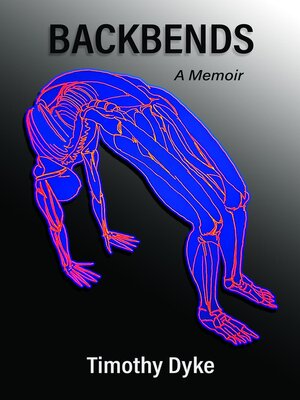
Sign up to save your library
With an OverDrive account, you can save your favorite libraries for at-a-glance information about availability. Find out more about OverDrive accounts.
Find this title in Libby, the library reading app by OverDrive.



Search for a digital library with this title
Title found at these libraries:
| Library Name | Distance |
|---|---|
| Loading... |
In 1992, Timothy Dyke moved, at 28 years old, from a suburb of Houston, Texas to the most population-dense, residential district in Honolulu, Hawai'i where he began teaching Lord of the Flies and a book called Multicultural Perspectives to high school students in English classes at the largest private school in the country. His journey across the ocean to establish himself in a new home coincided with journeys of self- discovery. As he tells stories from memory, Timothy becomes TIM, and his mode of narration becomes TMI. Too much information. TIM tells tales about the literal and figurative ghosts that haunt him. While he aims to understand the difference between contemporary fiction and trauma dumping, TIM confides in his reader about secret histories and the events that have led to his self-acceptance as an asexual teacher with eye trauma and an irrational fear of the original Willie Wonka movie. Backbends is Timothy Dyke's "memoir with lies in it." The writer aims to tell a life story while simultaneously questioning ways that stories told from memory will wander into fictional terrain. Concerned with definitions of truth and questions of what it means to write honestly about personal history, this book weaves anecdotes, horror tales, and self- deprecating humor to create a tapestry of memory and a catalogue of perceived reality. Informed by youthful summer camp experiences, multiple viewings of Hitchcock's Psycho, and regrettable encounters with a predatory yoga teacher, TIM tells his story without fear and with only a little bit of regret. Everyone who lives has stories to tell. How do we know, though, which of our experiences contributed to who we have become? How do we know how to trust our own recollections? If we talk about the difficult situations we have lived through, are we forcing audiences to listen to our confessions? Do these confessions lead to absolution? Backbends asks readers to reflect on what it means to render a life story out of the inevitable distortions of memory.







